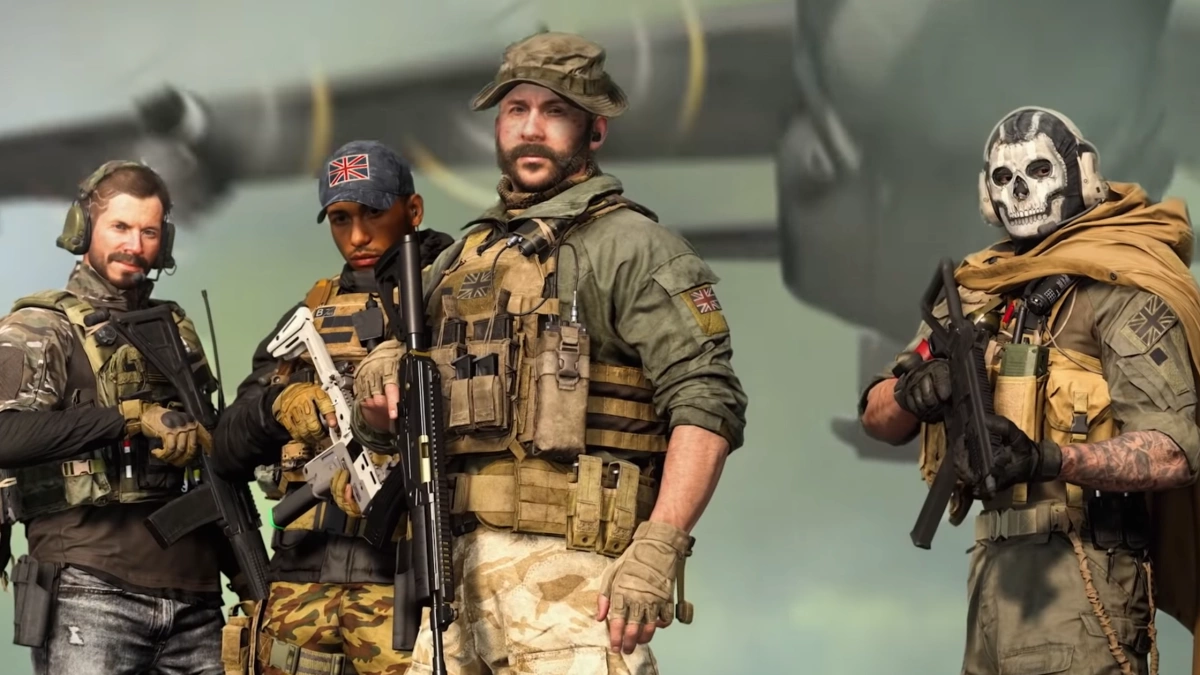The landscape of the iconic “Call of Duty” franchise is set for significant evolution, with the series potentially moving in a direction that blends its traditional gameplay with elements more commonly associated with open-world games like “Far Cry.”
This shift comes amid a backdrop of underwhelming performance from “Modern Warfare 3,” which failed to meet the series’ longstanding commercial success, notably breaking its best-selling streak in North America. As the franchise looks to rejuvenate its appeal, the upcoming “Call of Duty” titles are stirring the pot with their ambitious changes and behind-the-scenes developments.
The 2024 installment, currently under development by Treyarch, is rumored to be a sequel within the “Black Ops” series, specifically focusing on the Gulf War. Unlike its predecessors, which have largely followed a linear mission structure, this new entry is said to embrace an open-world format, a significant departure from the franchise’s roots.
This approach aims to offer players the freedom to explore vast landscapes, utilize vehicles for navigation, and engage in objectives with a newfound sense of autonomy. The inclusion of a fast travel system suggests a commitment to the open-world experience, ensuring that players can move through the expansive game environment efficiently.
Interestingly, while Treyarch spearheads the multiplayer and Zombies aspects of the game, the campaign’s development has been entrusted to Raven Software, known for their work on “Warzone.” This collaboration indicates a strategic pooling of expertise to craft a campaign that breaks new ground for the series.
The decision to integrate open-world dynamics into the “Call of Duty” framework reflects a broader industry trend towards more immersive and exploratory gameplay experiences.
Looking beyond 2024, the franchise faces a unique challenge with its 2025 title. Reports suggest that this game, a direct sequel to “Black Ops 2,” lacks a lead studio, raising questions about its development trajectory. This situation is particularly notable given the franchise’s historical reliance on a three-year development cycle led by a primary studio, supported by contributions from other Activision teams.
The absence of a clear leadership for the 2025 installment could signal a pivotal moment for “Call of Duty,” as it navigates the complexities of transitioning to a more open-world-centric design while ensuring the continuity and quality the series is known for.
Despite these uncertainties, there’s anticipation that the 2025 game will not only continue the open-world approach but perhaps expand it further with distinct biomes, indicating a deeper commitment to diversifying the gameplay experience. However, without a designated lead studio, the specifics of this vision remain somewhat nebulous.
As “Call of Duty” ventures into new territories of game design and narrative exploration, it’s clear that the series is at a crossroads. The move towards open-world structures represents both a response to shifting player preferences and a bold step in redefining what a “Call of Duty” game can be. With these changes, the franchise hopes to recapture the attention of its audience, offering both veterans and newcomers alike a fresh way to experience its storied universe.
